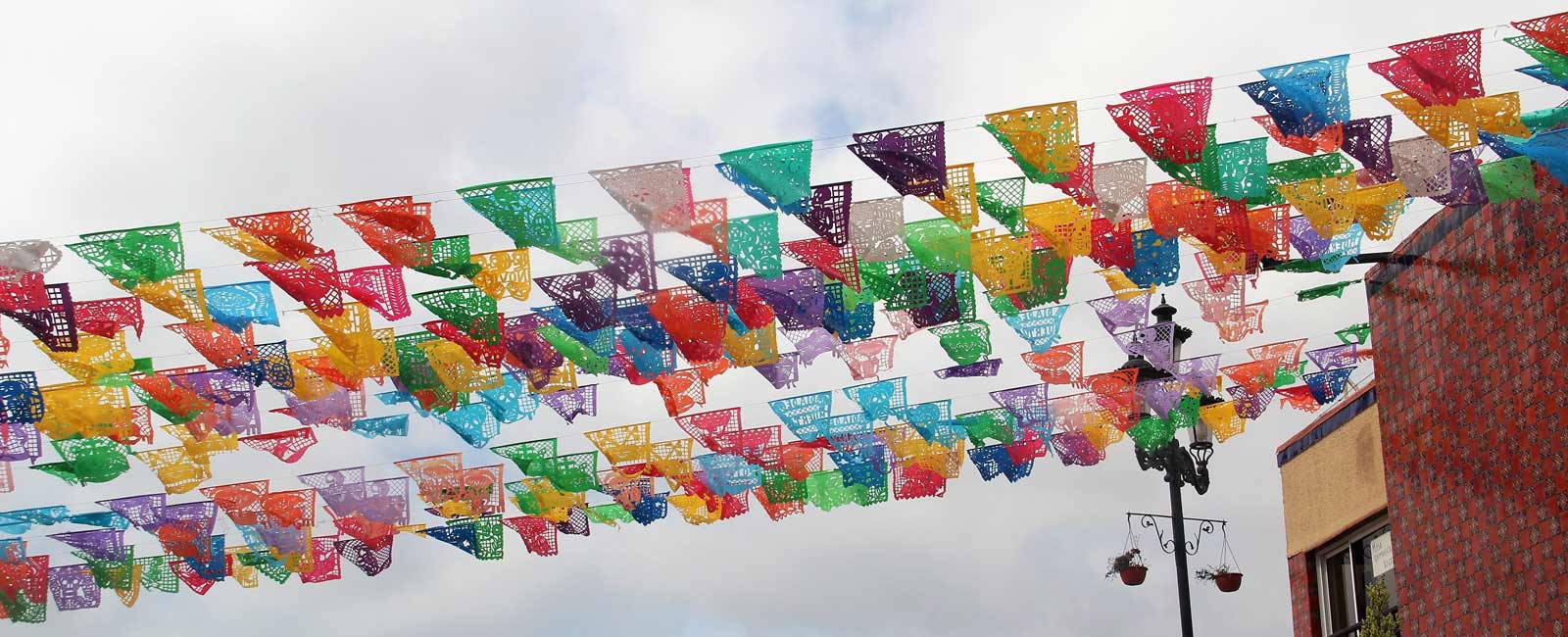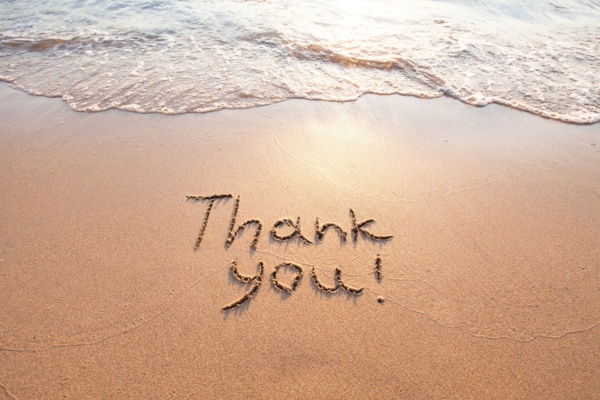
Thank your students...and notice the difference.
I write my students ‘thank you’ notes over Thanksgiving break. [Before the long holiday, what teacher has the energy to conjure gratitude?] I thank them for struggling with writing, for weak assignment hacks, obvious cut-and-pastes that compel a morality talk about intellectual property and if plagiarism is really that bad. I express appreciation for those who defend debunked conspiracy theories as rational fact, for they embody the requisite framework to pivot class attention to logical fallacies, critical thinking, and source evaluation. Carefully-worded gratitude is owed to students who resorted to—and apologized for—name-calling in class debates. Incivility is an occasion to unpack the ethics of discourse in a democracy. I thank a few students for irritating us with incessant phone snaps of the whiteboard: how else to teach the retention benefits of hand-writing class notes but for case studies in lazy shortcuts?
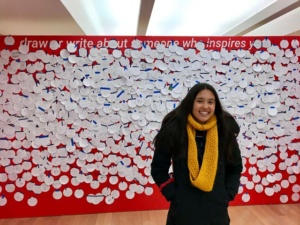
I am grateful for the chance to reach students who have self-limiting beliefs about themselves as learners. My commitment to them requires increasingly more dynamic lessons, accurately connecting history, civic action and democratic engagement for good. Ethical, educational travel and social justice field trips provide the ideal mechanism for long term mind-shift. The cliché is true: “A mind that is stretched by a new experience can never go back to its old dimensions.” (Oliver Wendell Holmes, Jr.)
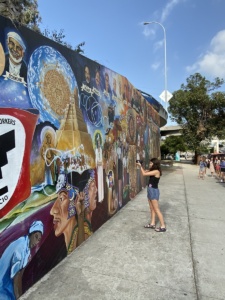
The New York Times podcast, The Daily, reports in December 2019 that only 14% of U.S. high school students can discern a fact from opinion. As a teacher and a parent, I find this statistic to be both hair-on-fire-alarming and (yawn!) unsurprising. All of today’s middle and high school students are digital natives, their lives closely enmeshed with social media behemoths which refuse to fact-check pre-publication. The more we learn, the more there is about which to be outraged. Saying “thanks” to that $*?+ is rough.
The American educator’s work, to ensure our society fulfills its Constitutional promise of equal protection for all, is without conclusion. It is my hope that an authentic, well-written “thank you!” at this time of the year can re-frame our collective struggle. Perhaps a note of gratitude will be that “Whoa. My teacher changed the way I think about XX” moment. Because in truth? I am quite grateful to be working hard at eroding the “alternative facts” paradigm. Most of all, I’m super grateful to my teacher colleagues who find positive ways to keep it real.
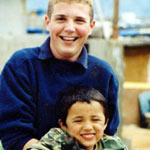
Alethea Tyner Paradis, J.D.
History Professor
Santa Barbara City College
atyner@sbcc.org
